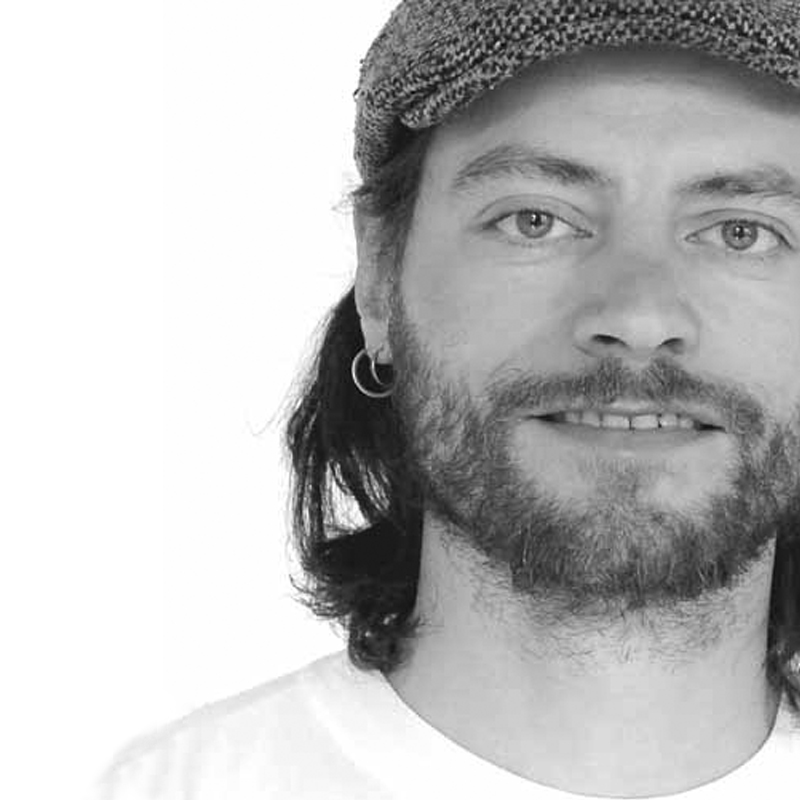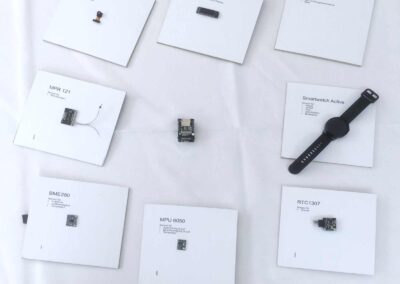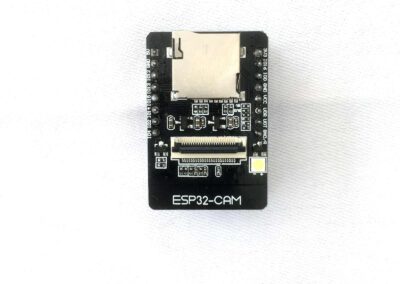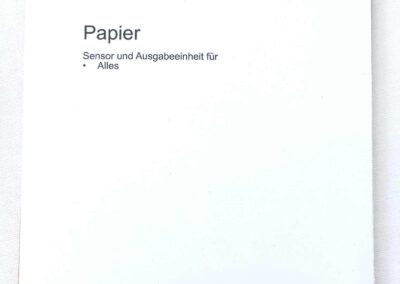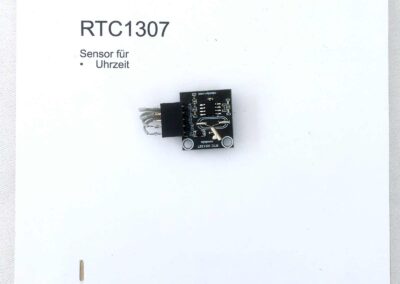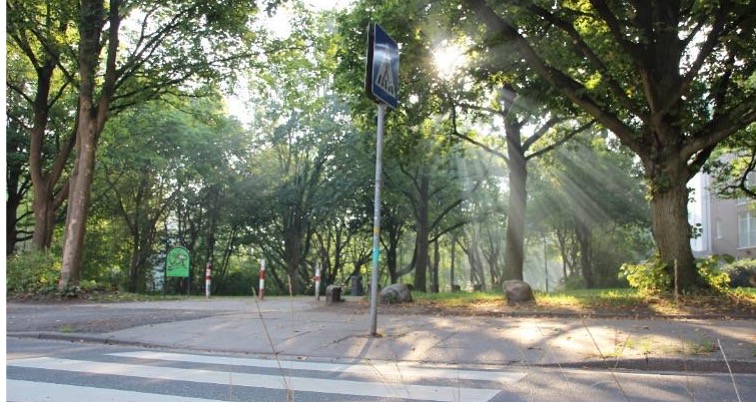
Open Transformation Lab Lokstedt
The Open Transformation Lab Lokstedt is part of a real-world lab „car-free mobility“ of the research project „Climate-friendly Lokstedt“ (UHH, funded by BMBF).
Aim of the project is to support citizens as co-researchers with data-tracking applications to understand and analyze their mobility patterns and integrations of mobility into their everyday live beyond the mere inconvenience of learning a new form of transportation.
Sustainable mobility can be a focal point of transformation, which makes it possible to link many of the goals for district development that are highly valued by citizens. One major finding of the first phase of the project “Climate Smart City Hamburg” (2016-19 )in Hamburg was that traffic and car-dominated public space was seen as a constraint to urban quality of life. The real-world lab “car-free mobility” in the second phase of the project (Climate-friendly Lokstedt“, 2020-22) was therefore dedicated to the reduction of car-mobility. This project part integrated three elements: a three month field experiment with volunteering households to abstain from car use for the period of the experiment (“Car free months”), a transdisciplinary co-research group in which participants were accompanied in the test use of car-alternative means of transport by digital mobile tools (“Open Transfomation Lab”) and, lastly, a temporary urban intervention in road use carried out on a section of a planned bicycle route to envision and test alternative space designs and uses (“Temporary closure Grandweg”).
